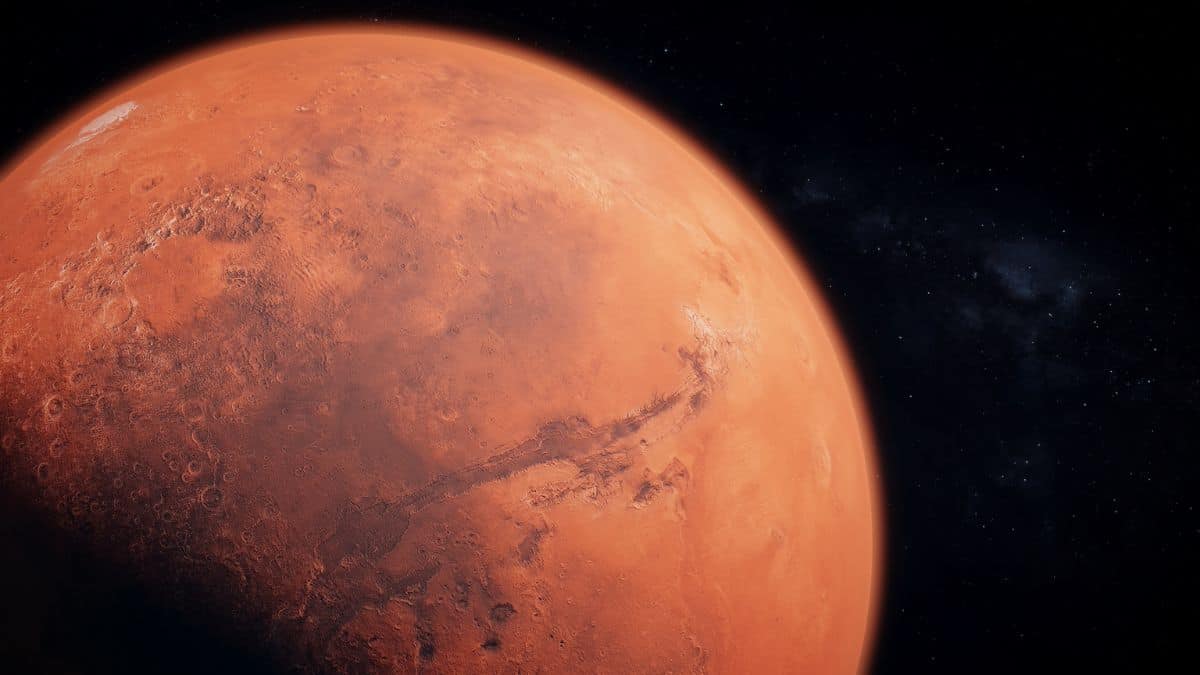Water History on Mars
Traditionally, scientists believed Mars lost its water during the Hesperian period, approximately 3.7 to 2.9 billion years ago. Recent findings, however, suggest that water may have persisted until the late Hesperian period.
Extended Habitable Period
Scientists now speculate that Mars may have hosted life for a much longer duration than previously thought. Its habitable period could have been extended by millions of years.
Water Presence on Mars
In its ancient past, Mars was home to oceans, lakes, and rivers, resembling early Earth during the early stages of the solar system.
Over time, the changing climate transformed Mars into the barren planet we see today.
Theories on Water Disappearance
Various theories exist regarding the vanishing of water on Mars. Some suggest it evaporated into space as the planet’s atmosphere thinned, while others propose it got trapped within the planet’s crust, forming an icy permafrost layer.
A recent study by a research team from the UK’s Imperial College discovered signs of abundant water in a 154 km-diameter basin south of Mars’ equator, known as Gale crater. This finding challenges the notion that Mars became dry and inhospitable early on.
Significance of Water on Mars
The presence of water on Mars has significant implications for understanding the planet’s changing climate and identifying potential habitable zones.
Utilizing data from the Curiosity rover’s exploration, researchers identified deformed layers in Mars’ desert sandstone, indicating water’s involvement in their formation.
Dr. Steven Banham, the lead author of the study published in Geology, emphasized the importance of water in shaping Mars’ landscape. He highlighted the various processes through which water could have left its mark on the planet.
Regardless of the specific mechanism, water emerges as the common factor behind the sandstone’s deformation, shedding light on Mars’ watery past.
















































